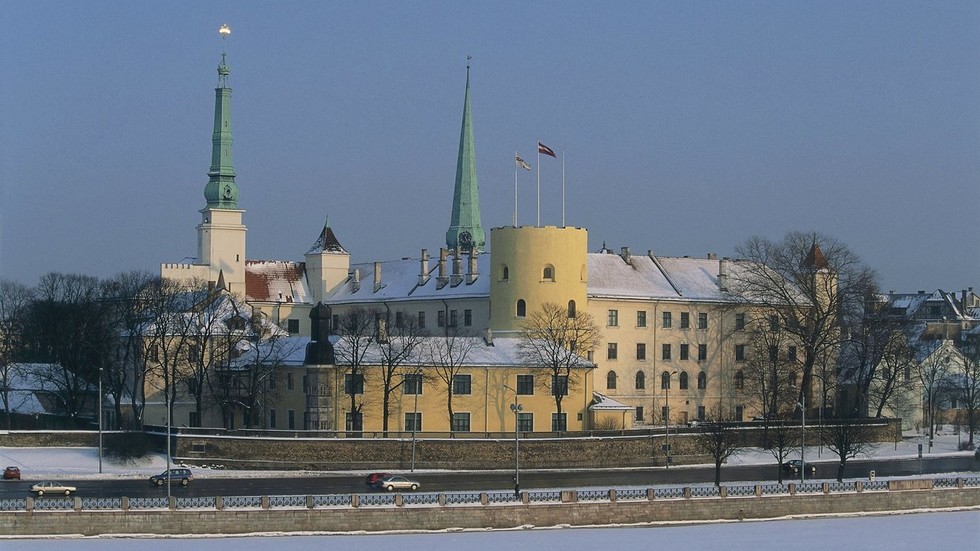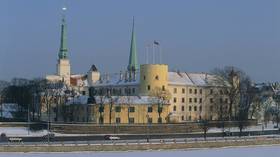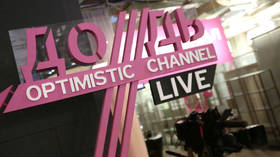
The move should break “illusions of freedom,” spokesman Dmitry Peskov says

Central Riga, Latvia. © Getty Images / DEA / W. BUSS / De Agostini
The ban on exiled Russian network TV Dozhd (TV Rain) by Latvian authorities dashes optimistic beliefs one may have about freedom, Kremlin spokesman Dmitry Peskov has said.
Latvia’s National Electronic Mass Media Council (NEPLP) revoked the channel’s license on Tuesday, citing violations in its coverage of the Ukraine conflict.
“People always think that it’s better somewhere else rather than at home, and it always seems that there is freedom there and not at home,” Peskov told reporters during a press call.
“This is a stark example that demonstrates the erroneousness of such illusions,” he added.
The NEPLP listed several complaints about Dozhd, including displaying a map that showed Crimea as part of Russia rather than Ukraine, and referring to the Russian Army as “our army.”

Read more
On Thursday, the channel’s longtime anchor Aleksey Korostelyov said live on air: “We hope that we have helped many [Russian] service members, including, for example, with equipment and basic comforts on the frontline.” Dozhd previously urged Russian soldiers, including those drafted during the country’s partial mobilization, to email their stories from boot camp and the frontline.
The anchor later said he had misspoken. Dozhd announced the firing of Korostelyov on Friday. Editor-in-Chief Tikhon Dzyadko strongly denied that the channel has been in any way helping the Russian military, but acknowledged that Korostelyov’s words may have misled viewers into believing otherwise. He reaffirmed that the channel strongly opposes Moscow’s military operation in Ukraine.
News Director Katerina Kotrikadze tweeted on Tuesday that Dozhd is “not planning to stop working” as it still is available on YouTube.
The channel was launched in 2010 and became known for voicing liberal opinions and critical views of the Russian government. The channel relocated to Latvia after being banned in Russia in early March. Moscow accused the network of spreading calls for “extremist activities” and “lies” about Russian troops in Ukraine.




